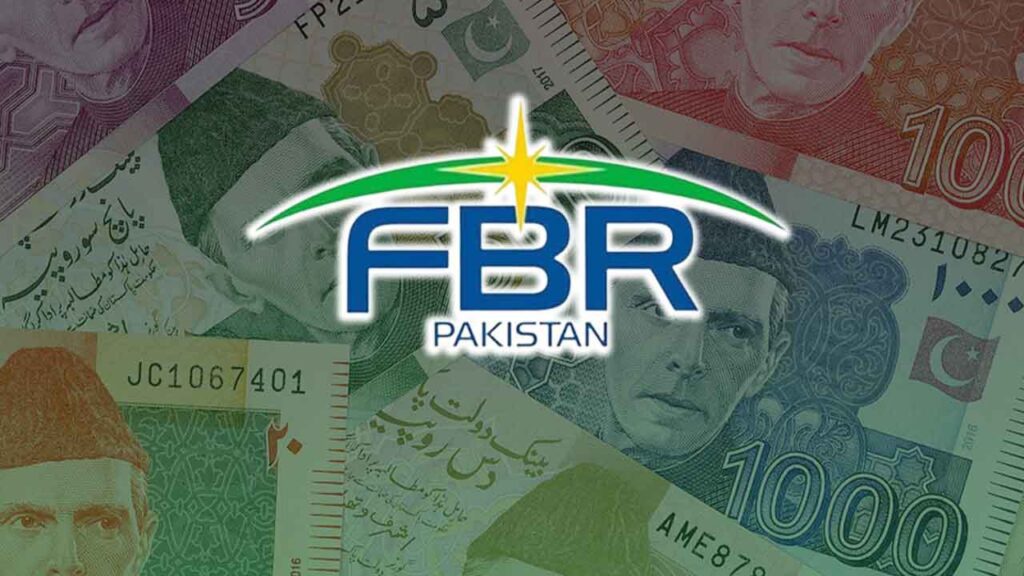- Web
- Feb 05, 2026
Government looks to digital solutions to boost tax collection
-

- Web Desk Karachi
- Sep 23, 2024

In a bid to meet its ambitious tax target for the current fiscal year, the government has launched an aggressive plan to collect an additional Rs450 billion through enforcement measures. The Prime Minister, Shehbaz Sharif, has endorsed the Federal Board of Revenue’s (FBR) plan to digitally capture Rs48 trillion in services sector supplies over the next three months.
The FBR has been briefed that without implementing new enforcement measures, the Rs12.97 trillion annual target would be unachievable. The PM has given the go-ahead to expand the Point of Sale (POS) initiative to various sectors of the economy, including wholesale and retail, transport services, financial services, government services, real estate, construction, utilities, mining, health, education, and hospitality services.
The POS initiative aims to fully capture the Rs47.5 trillion in sales made by these sectors over the next three months, with more than half of this amount coming from the wholesale and retail sector. The FBR has also planned to collect at least Rs50 billion from traders and Rs30 billion through the upward revision of property valuations.
Successive governments have invested heavily in the POS scheme, which requires shoppers to pay Rs1 on every shopping receipt. The FBR hopes to generate an additional Rs450 billion through enforcement measures, which will be used to achieve the annual tax target.
The coalition government had agreed with the International Monetary Fund (IMF) to meet the Rs12.97 trillion target this year as part of the loan conditions. The FBR informed the PM that achieving the revenue targets would require additional measures beyond policy changes and autonomous growth in collections.
The FBR has estimated that inflation and real economic growth will bring in another Rs1.9 trillion, leaving a shortfall of Rs450 billion that needs to be collected through enforcement measures. The PM has approved a plan to target Pakistan’s top 5% of the workforce, where the FBR believes Rs1.6 trillion in uncollected money is parked.
The plan also includes freezing the bank accounts of unregistered manufacturers and wholesalers with annual turnovers above Rs250 million, as well as restricting compliant taxpayers from withdrawing more than Rs30 million in cash annually. Filers of income tax returns who claim more than Rs10 million in income will be allowed to buy cars, but they must explain the source of income before purchasing a plot.
Furthermore, the FBR will also track goods in the manufacturing sector and digitally track petroleum products within the next year. The plan is to target the textile and beverages sectors in another six months.
The IMF board is scheduled to meet on September 25th to approve Pakistan’s request for a $7 billion loan package. Finance Minister Muhammad Aurangzeb is expected to meet the top management of the IMF on the sidelines of the United Nations General Assembly session.




